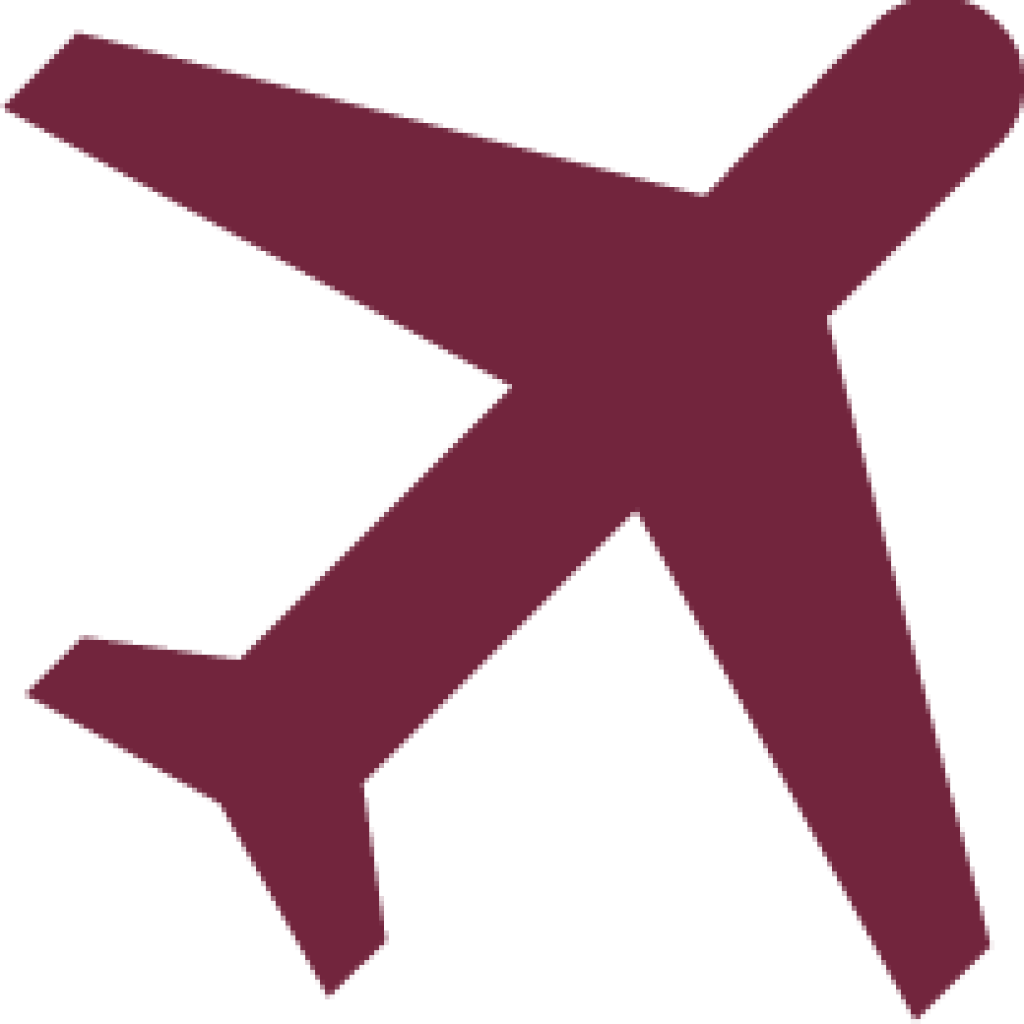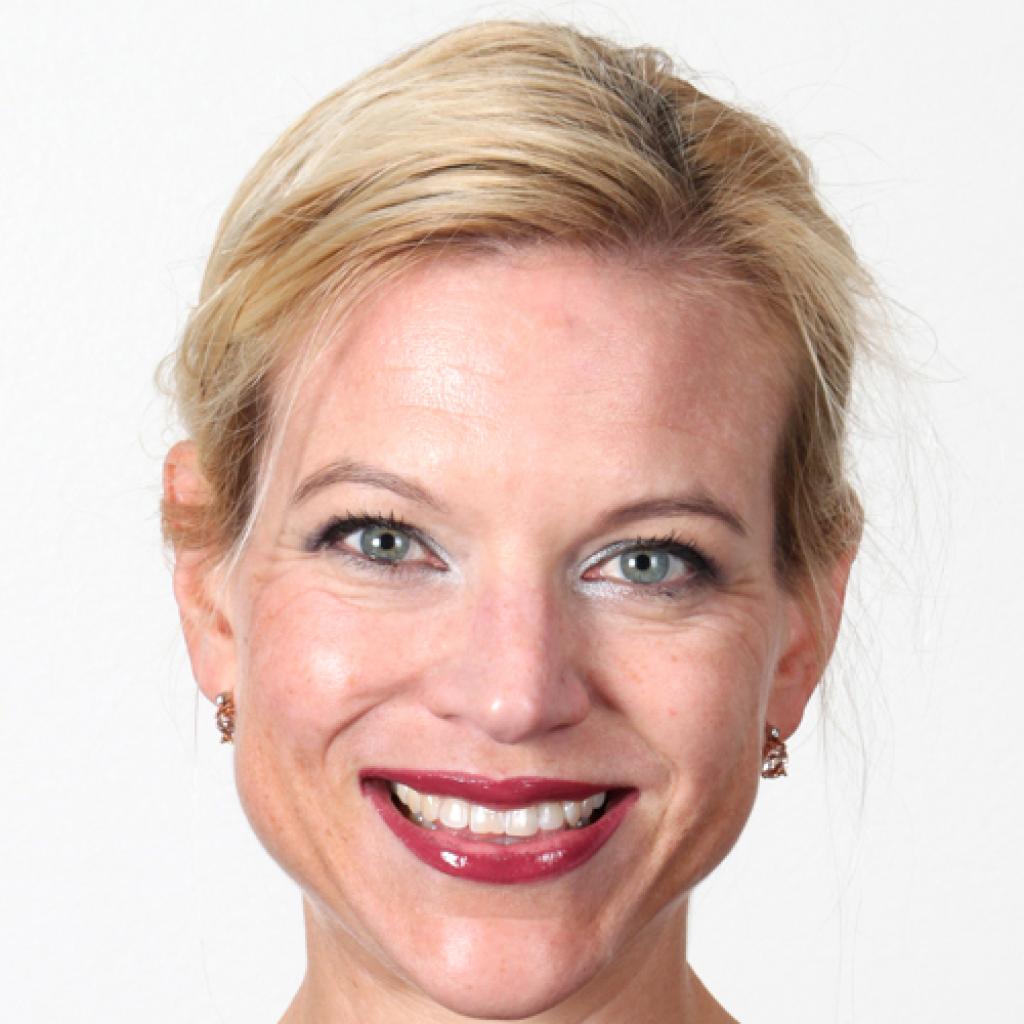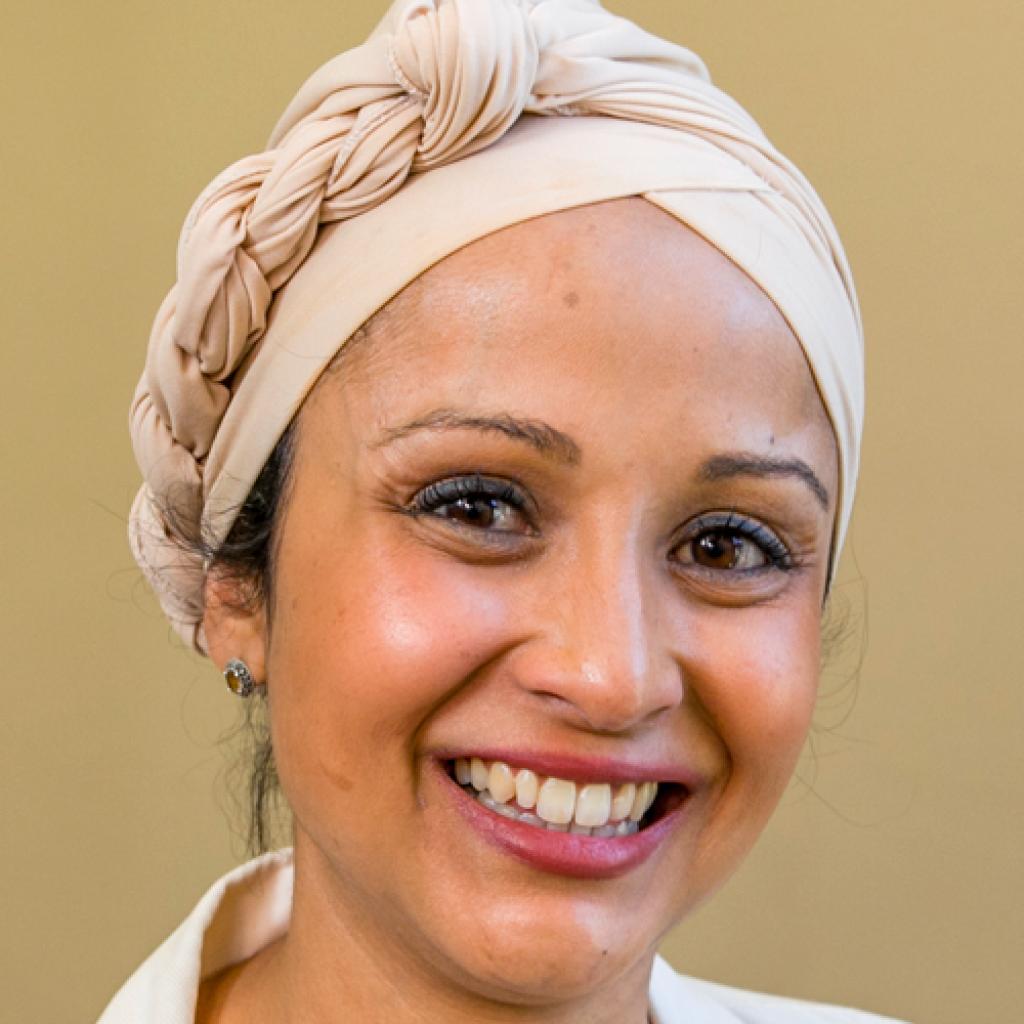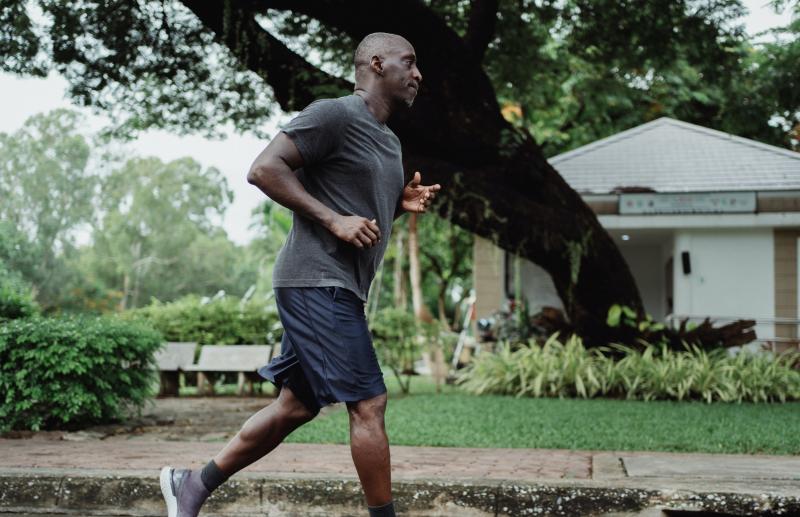Professionalise leadership in the health care industry
The MBA with modules focused on Health Care Leadership is aimed at high achievers who want to lead positive change in the complex and changing health care environment. The knowledge and skills acquired on this stream can be applied in the public and private health care industry. Health care professionals registered with the HPCSA will be able to claim CPD points as per the HPCSA guidelines.
The MBA HCL covers all the functional areas of management while giving you a contextual understanding of the principles of health care governance and current health care reform programmes such as National Health Insurance, the policy landscape and health systems for value-based care. The stream-specific modules and electives focus on the challenges of finance and funding in health care, taking cognisance of the limited-resource context in South Africa and in Africa.
If you want to play in role in professionalising leadership in the health care industry, this MBA stream will serve you well.
Master's
MBA Health Care Leadership
**Approximate dates. Final dates will become available later during the year.
Modular MBA programme dates 2023: (on campus)
Dates for 2024: (on campus)*
- Block 1: 19 – 24 February
- Block 2: 8 - 13 April
- Block 3: 10 – 15 June
- Block 4: 29 July - 3 August
- Block 5: 7 – 12 October
Fees: R342 210** (2024)
Duration: 2 years
*The Business School reserves the right to change programme dates and fees.
**Fees exclude International Study Module in year 2.
Blended MBA programme dates 2023: (blended)
Dates for 2024: (blended)*
- 22 January – 3 February (on campus)
- Thereafter Wednesdays (7 February – 11 December) from 16:00-20:15 - (remote)
Fees: R342 210** (2024)
Duration: 2 years
*The Business School reserves the right to change programme dates and fees.
**Fees exclude International Study Module in Year 2.
Key takeouts of MBA Health Care Leadership stream
- Professionalise leadership in the health care industry
- Learn to lead positive change in the complex and changing health care environment
- Gain an understanding of the principles of health care governance, the policy landscape, and health systems for value-based care
- Apply your skills in the public or private health care industry
Course Structure and Content
The MBA stream with modules in Health Care Leadership (MBA HCL) can be applied in the public and private health care industry. It is aimed at professionals who want to understand the principles of clinical governance and health care specific challenges the African context in order to optimise their impact in the health care sector.
- Year 1: Students who want to specialise in Health Care Leadership start with either the modular MBA (blocks of classes spread over the year) or blended learning MBA (orientation block plus weekly classes online or on campus).
- Year 2: During their specialisation year (Year 2), MBA HCL students attend one on-campus block at the beginning of the year, followed by blended learning classes one evening a week (16:00 – 20:20) and one on-campus electives block towards the end of the year.
- Stream-specific core modules in Year 2: Health Care Finance; Health Care Systems and Policy; and Health Care Value-Based Systems
- Electives: Choose 2 electives from a selection of topics.
Health care professionals registered with the HPCSA will be able to claim CPD points as per the HPCSA guidelines.
Also look at the information under the Generalist MBA’s Course structure and content.
The MBA HCL is not only for those registered with the HPCSA. This qualification will also benefit managers and professionals in private sector and public sector health care delivery systems, in pharmaceutical or health technology businesses, or in regulatory or oversight organisations. Senior nurses, and health insurance and medical aid specialists will also benefit from the MBA HCL.
- Clinicians and general practitioners who want to take on managerial and leadership roles in the health care industry, group practices or government
- General practitioners who wish to scale up and broaden their contextual understanding of business
- Managers and professionals in private-sector and public-sector health care delivery systems and institutions, in pharmaceutical or health technology businesses, in regulatory, oversight and other organisations (such as SAMA, HPCSA, HASA, SAIHCM), or in public-sector positions (such as Deputy Director-General, CEO or Superintendent)
- Senior nurses in public or private hospitals who lead large teams and operate on senior level with high-impact responsibilities
- Health insurance specialists, medical aid specialists, underwriters and claims processing team leaders and managers
- Those who would like to prepare themselves for a career in in health care leadership, even if they do not have a background in health care.
Year 1: Core modules
- Accounting for Decision-making
- Business Communication
- Business in Society
- Contemporary Decision-Making
- Digital Enterprise Management
- Economics for Managers
- Organisational Behaviour
- Strategic Analysis
- Managerial Accounting
- Managerial Statistics
- Operational Excellence
- Strategic Management
- Strategic Marketing and Branding
Year 2: Stream-specific Core Modules and electives
- Health Care Finance and Governance
- Health Care Systems and Policy
- Value-Based Health Care
You also need to do two of these electives:
- Innovation in Health Care
- Health Care Information Management
- Electives from the generalist MBA
Year 2: Remaining two MBA core modules
- International Study Module
- Research Methodology and Assignment
All MBA students travel to global destinations for the compulsory International Study Module (ISM). The aim of this academic and cultural immersion is to develop managers with a global mind-set, to prepare you for work in a global environment, and to help you understand cultural differences in order to turn cultural competence into a competitive advantage. The module includes company visits and cultural activities.
You will have various destinations from which to choose. You can also opt to do your ISM on Global Business Innovation at an EMBA Consortium business school. The cost of the ISM is invoiced in Year 2.
Note: Students in the HCL, MIO and PM streams may be restricted in the ISM destinations from which they can choose.
You need to compile a research assignment on a management-related problem in your work environment or specialisation. The purpose of this assignment is to demonstrate how you can address business challenges through a robust research process. This experience will also give you the ability to make a value judgement on research presented at managerial level in the workplace.
MBA students who have performed well during their first year, can choose to complete part of their studies at one of our overseas partner schools. This will enable you to earn credits towards your MBA by doing a module or summer school abroad.
Exchange studies abroad are optional. Yet, they provide you with an opportunity to gain a global perspective, grow your network, and increase your employability.
Stellenbosch Business School provides additional access to its programmes through its Recognition of Prior Learning (RPL) process. In line with the requirements of the Council on Higher Education (CHE), the Business School may admit up to 10% of its student body per programme under RPL.
Applicants who wish to be admitted under the RPL policy need to submit all the documentation and tests as required for all prospective students.
In addition, prospective MBA students under the RPL policy need to adhere to the following:
- Have at least an NQF 6 qualification (all school and academic certificates are required).
- Have at least 6 years of working experience after obtaining the qualification mentioned in the first bullet point, of which at least 3 years should have been in a management or a related professional position.
- Submit a comprehensive CV, indicating, in detail, areas of responsibility in the work environment as well as activities outside the work environment.
- Provide Stellenbosch Business School with the names and contact details at least two persons (typically current or former line heads) who can testify about the candidate's managerial or related professional abilities. These persons will be asked to give a detailed personal reference of the candidate on forms that can be download from the application form.
The RPL selection process entails the following:
- The MBA programme head and one other academic staff member will conduct an in-depth interview with the candidate and make a recommendation about admission.
- The Admissions Committee will consider the full application including the interview recommendation and the inputs received from the references for admission.
- A notice of admission is sent via the Business School’s Academic Planning Committee to the Board of the Faculty of Economic and Management Sciences at Stellenbosch University.
- RPL candidates need to apply by 31 October of each year to allow sufficient time for the assessment process.
- Note that the learning acknowledged in terms of RPL cannot also be used to grant exemption of credits within the same programme.
With our MBA, a transformative learning experience awaits you – particularly if you see your future self as a leader, manager, specialist, or entrepreneur. This triple accredited MBA with its strong focus on responsible leadership has been designed to turn you into an exceptional decision maker, strategic thinker, effective communicator, and steward of society.
Programme Fees
Application fee and SHL tests for 2024
These are the fees for 2024. The fees for 2025 will be published here once they become available.
Important:
- Payment of full programme fees for South African students: Students can pay the full programme fees upon registration, or they can pay 80% of the annual fees by the end of May and the balance of 20% by the end of September.
Payment schedule (calculated on outstanding fee after deposit payment):
28 February - 31 May - 20% x 4 months (80%)
30 June - 20 September - 5% x 4 months (20%) - Payment of full programme fees for international students: International admitted students pay 50% of the annual fee as deposit. The remainder is due one month before commencement of the programme. The South African exchange rate favours international students.
- Deposit: All students pay a deposit on acceptance of admission. South African students must pay a set deposit on admittance. International admitted students pay 50% of the annual fee as deposit. The deposit payable is non-refundable and will be deducted from the total programme fees.
- Application fee: The application fee must accompany the application. The application fee is non-refundable.
- Additional fees for international students: International students pay an International Registration Fee (IRF) per academic year. Students from countries other than those in the Southern African Development Community also pay an International Tuition Fee (ITF) (i.e. students from SADC countries are exempt from the ITF).
- Fees for 2026: The fees for the second year of enrolment (modular MBA as well as blended learning MBA) will be adjusted to make provision for annual price increases. The programme fees exclude the fees of the compulsory International Study module, which is invoiced in Year 2. The programme fees for the second year of enrolment are higher than for the first year of enrolment because the second year’s fees include the cost of the International Study Module.
- International Study Module (ISM): The fees for the compulsory International Study Module are excluded from the total MBA programme fees and are only invoiced in Year 2. Note that the fees for the 2026 ISM may have to be adjusted based on the exchange rate.
- Assessment of international students’ applications: International students require a South African Qualifications Authority (SAQA) evaluation certificate to evaluate their degrees according to South African standards. The Business School’s International Affairs Office will first handle the credential evaluations of international students free of charge. For this to happen, you need to complete the online application and upload all certificates with your application, and pay your application fee and SHL assessment fee (if you have opted for the SHL test). The International Affairs Office will then, as part of the application process, conduct an in-house credential evaluation after you have submitted your application. However, should the International Affairs Office be unsure about the status, recognition or accreditation of your qualification, we reserve the right to refer you to SAQA before we consider your application further.
- Study materials: Study fees include books and study materials.
- Travel and accommodation: Students are responsible for their own travel and accommodation arrangements and costs.
- Fee changes: Stellenbosch Business School reserves the right to change the fees at any time.
Please use your Student Number as reference | Email proof of payment to [email protected] | Quote your student number in all correspondence.
Admission Requirements
Academic qualifications
The SA Council on Higher Education requires MBA applicants to have one of these qualifications:
- 4-year Bachelor’s degree (NQF level 8), OR
- Honours/Postgraduate degree (NQF level 8), OR
- 3-year Bachelor’s degree (NQF level 7) plus a postgraduate diploma (NQF level 8)
- Additional requirement for students enrolling for the MBA stream in Project Management: A Project Management course on NQF level 8, for which credits can be considered in respect of required electives
Other requirements
- At least 3 years of relevant full-time working experience, preferably on managerial level
- Mathematics at NSC (Grade 12) level or equivalent is highly recommended
- A comprehensive CV
- 2 essays (300 to 500 words each), showing your level of motivation and working experience. The topics are your external development perspective and your personal development perspective.
- Satisfactory selection test results (SHL or GMAT Focus)
Selection tests
We accept the SHL and GMAT selection assessments.
- SHL assessment: The SHL assists us to identify your areas of strength and growth. It is not about failing or passing. The assessment consists of a verbal critical reasoning assessment, numerical critical reasoning assessment, inductive reasoning test, and Occupational Personality Questionnaire (OPQ) on behavioural preferences. Administered by Stellenbosch Business School.
- GMAT Focus assessment: The GMAT has three timed sections, namely quantitative reasoning, verbal reasoning, and data insights (digital and data literacy). Not administered by Stellenbosch Business School.
Frequently Asked Questions
You can choose the Modular MBA degree or the Blended Learning MBA, both running over two years. Both formats are aimed at those who want to study while they work.
Advantages of the Modular MBA
The Modular degree consists of blocks of classes spread over two years. Each block runs from the Monday to the Saturday. This allows you to implement your newly acquired skills at work from the start. You can therefore study at the Business School even if you live further afield as you only need to travel to the campus a few times a year. The advantages include:
- Focused studies: Use the immersive, in-class experience to your advantage.
- An immersive experience: Being on campus for a week at a time allows you to focus on your studies without interruption from work. Working with your classmates in a face-to-face environment adds another dimension to collaborative (peer-to-peer) learning and network building.
- Less travel: You can study at the Business School even if you live further afield as you only need to travel to campus a few times a year.
Advantages of the Blended Learning MBA
The Blended Learning degree has one on-campus study block at the start of Year 1 and two on-campus blocks during Year 2. In between, you attend weekly classes online or on campus. This format requires the minimum leave from work. It also lowers the opportunity cost to do an MBA at Stellenbosch Business School as it reduces travel costs. This format is popular with students from the greater Cape Town area who can attend classes on campus one evening a week, as well as with students from further afield, including other African countries and beyond, who can attend one evening class per week via any internet-connected laptop. The advantages include:
- Flexibility: Study while you work with the flexibility of digital class attendance, which means minimum time away from work. This allows you to implement your newly acquired skills at work from the start.
- Less travel: The blended learning delivery option opens up access to students from elsewhere in South Africa, from other African countries and even further afield. It also lowers the opportunity cost to do an MBA with us as it reduces travel and accommodation costs. This format is popular with students from the greater Cape Town area who can attend classes on campus one evening a week, as well as with students from further afield, who can attend one evening class per week via any internet-connected device. Find more information about Blended Learning’s combination of technology with a strong human touch here.
Both formats of the MBA – i.e. Modular and Blended Learning – allow you to study while you work. However, you need to be aware of the time demand of MBA and you need to arrange study time with your employer and family beforehand. Here is a rough guideline: For every 1 hour spent in class, you need to set aside 3 hours for preparation and self-study (reading, assignments, group work, etc.). The MBA class programme takes up around 448 hours. This makes prioritisation crucial.
Students are assessed on a continuous basis. Each module has a minimum number of assessments based on the number of credits for that module. The final performance mark therefore includes multiple individual assessments and often a group assessment component. Tests for Blended Learning MBA students are scheduled on Monday evenings between classes. Tests for Modular MBA students are scheduled on Monday evenings between blocks.
Firstly, relevant work experience is a requirement of Stellenbosch Business School’s international EQUIS accreditation. Secondly, collaborative learning – where students learn from each other – forms an important part of our MBA. The expertise, depth and value that each participant brings to the class depend largely on authentic work experience.
Tests focus primarily on the application of knowledge and insight into business problems. Hence, all tests are open book and require the analysis of problems or cases. These summative assessments simulate real-life situations and the application of the theory and techniques covered in a particular module. In the assessment of pre-reading, multiple-choice questions or reflective essays are often used prior to attending class. Many lecturers make past test papers available as a learning resource.
Short courses done via executive education cannot be presented as prior learning for credit recognition in the South African education system. However, for RPL students, any previous short courses will have a positive impact on the assessment of their application.
Yes, but on a volunteer basis only. Stellenbosch Business School alumni offer to mentor students during their studies and to provide career or industry advice. This service is offered in association with the Alumni Relations Office and Career Leadership Office.
This will depend on each lecturer and on the subject – as some subjects require a substantial amount of group work, while others require less group work. The weight varies from 0% (no group work) up to 40%. It is imperative that MBA students can communicate electronically to work on their assignments. There is no need to meet physically.
Modular students will receive their first batch of study material three weeks prior to the beginning of the programme and thereafter at the end of every modular block for the following block.
Blended Learning students will receive their first batch of study material three weeks prior to the beginning of the programme and at regular intervals thereafter.
Yes. South African students can pay the full programme fees upon registration, or they can pay 80% of the annual fees by the end of May and the balance of 20% by the end of September. International admitted students pay 50% of the annual fee as deposit. The remainder is due one month before commencement of the programme.
The closing date for each programme appears on the web page for that programme. In general, the application deadline for MBA applicants from South Africa, the SADC countries and rest of world is around 15 November each year. Applications must be fully completed (all documents uploaded and SHL / GMAT test completed) by the stipulated closing date. The application deadline for Recognition of Prior Learning applicants (all programmes) is 31 October each year.
Obtaining a study permit (study visa) from the South African authorities takes up to 12 weeks from the date of being offered a place on a programme at Stellenbosch Business School – hence it is advisable to start with the application process as soon as possible.
You will improve your chances of selection by making an effort with your application and essays. Also make sure that you meet the basic requirements – such as work experience. Submit a fully completed and accurate application pack. An incomplete application pack leads to unnecessary delays and referrals.
Contact Us
Please contact us if you need more information on our MBA or the application process:
Programme enquiries and support with the applications process
Customer Liaison Officer
Telephone: +27 (0) 21 918 4246
Email: mba@stellenboschbusiness.ac.za
Admission and registration enquiries
Mandy Samuels
Telephone: +27 (0) 21 918 4206
Email: mandys@stellenboschbusiness.ac.za
Frequently Asked Questions
You can choose the Modular MBA degree or the Blended Learning MBA, both running over two years. Both formats are aimed at those who want to study while they work.
Advantages of the Modular MBA: The Modular degree consists of blocks of classes spread over two years. Each block runs from the Monday to the Saturday. This allows you to implement your newly acquired skills at work from the start. You can therefore study at the Business School even if you live further afield as you only need to travel to the campus a few times a year. The advantages include:
- Focused studies: Use the immersive, in-class experience to your advantage.
- An immersive experience: Being on campus for a week at a time allows you to focus on your studies without interruption from work. Working with your classmates in a face-to-face environment adds another dimension to collaborative (peer-to-peer) learning and network building.
- Less travel: You can study at the Business School even if you live further afield as you only need to travel to campus a few times a year.
Advantages of the Blended Learning MBA
The Blended Learning degree has one on-campus study block at the start of Year 1 and two on-campus blocks during Year 2. In between, you attend weekly classes online or on campus. This format requires the minimum leave from work. It also lowers the opportunity cost to do an MBA at Stellenbosch Business School as it reduces travel costs. This format is popular with students from the greater Cape Town area who can attend classes on campus one evening a week, as well as with students from further afield, including other African countries and beyond, who can attend one evening class per week via any internet-connected laptop. The advantages include:
- Flexibility: Study while you work with the flexibility of digital class attendance, which means minimum time away from work. This allows you to implement your newly acquired skills at work from the start.
- Less travel: The blended learning delivery option opens up access to students from elsewhere in South Africa, from other African countries and even further afield. It also lowers the opportunity cost to do an MBA with us as it reduces travel and accommodation costs. This format is popular with students from the greater Cape Town area who can attend classes on campus one evening a week, as well as with students from further afield, who can attend one evening class per week via any internet-connected device. Find more information about Blended Learning’s combination of technology with a strong human touch here.
Both formats of the MBA – i.e. Modular and Blended Learning – allow you to study while you work. However, you need to be aware of the time demand of MBA and you need to arrange study time with your employer and family beforehand. Here is a rough guideline: For every 1 hour spent in class, you need to set aside 3 hours for preparation and self-study (reading, assignments, group work, etc.). The MBA class programme takes up around 448 hours. This makes prioritisation crucial.
Students are assessed on a continuous basis. Each module has a minimum number of assessments based on the number of credits for that module. The final performance mark therefore includes multiple individual assessments and often a group assessment component. Tests for Blended Learning MBA students are scheduled on Monday evenings between classes. Tests for Modular MBA students are scheduled on Monday evenings between blocks.
Firstly, relevant work experience is a requirement of Stellenbosch Business School’s international EQUIS accreditation. Secondly, collaborative learning – where students learn from each other – forms an important part of our MBA. The expertise, depth and value that each participant brings to the class depend largely on authentic work experience.
Tests focus primarily on the application of knowledge and insight into business problems. Hence, all tests are open book and require the analysis of problems or cases. These summative assessments simulate real-life situations and the application of the theory and techniques covered in a particular module. In the assessment of pre-reading, multiple-choice questions or reflective essays are often used prior to attending class. Many lecturers make past test papers available as a learning resource.
Yes. Graduates of Stellenbosch Business School’s PGDip Business Management and Administration who continue with the Business School’s MBA will get recognition for 32 credits (15%) on the MBA if they continue with the MBA within 5 years of completing the PGDip.
Short courses done via executive education cannot be presented as prior learning for credit recognition in the South African education system. However, for RPL students, any previous short courses will have a positive impact on the assessment of their application.
Yes, but on a volunteer basis only. Stellenbosch Business School alumni offer to mentor students during their studies and to provide career or industry advice. This service is offered in association with the Alumni Relations Office and Career Leadership Office.
This will depend on each lecturer and on the subject – as some subjects require a substantial amount of group work, while others require less group work. The weight varies from 0% (no group work) up to 40%. It is imperative that MBA students can communicate electronically to work on their assignments. There is no need to meet physically.
Modular students will receive their first batch of study material three weeks prior to the beginning of the programme and thereafter at the end of every modular block for the following block.
Blended Learning students will receive their first batch of study material three weeks prior to the beginning of the programme and at regular intervals thereafter.
Yes. South African student can spread their payment over 2 years (fees for the second year of enrolment will be adjusted to make provision for annual price increases). South African students must pay a set deposit on admittance. 75% of the annual fee is payable by the end of May and the balance of 25% by the end of September. International admitted students pay 50% of the annual fee as deposit. The remainder is due two weeks before commencement of the programme.
The closing dates for each programme appear on the web page for that programme. In general, the closing dates for international applicants from non-SADC African countries and rest of world close approximately three months prior to the closing date for applicants from South Africa and (visa-exempt) SADC countries. Obtaining a study permit (study visa) from the South African authorities takes up to 12 weeks from the date of being offered a place on a programme at Stellenbosch Business School – hence the early application deadline for international students. RPL candidates (all programmes) need to apply by 31 October each year. Applications must be fully completed (all documents uploaded and SHL test completed) by the stipulated closing date.
You will improve your chances of selection by making an effort with your application and essays. Also make sure that you meet the basic requirements – such as work experience. Submit a fully completed and accurate application pack. An incomplete application pack leads to unnecessary delays and referrals.









